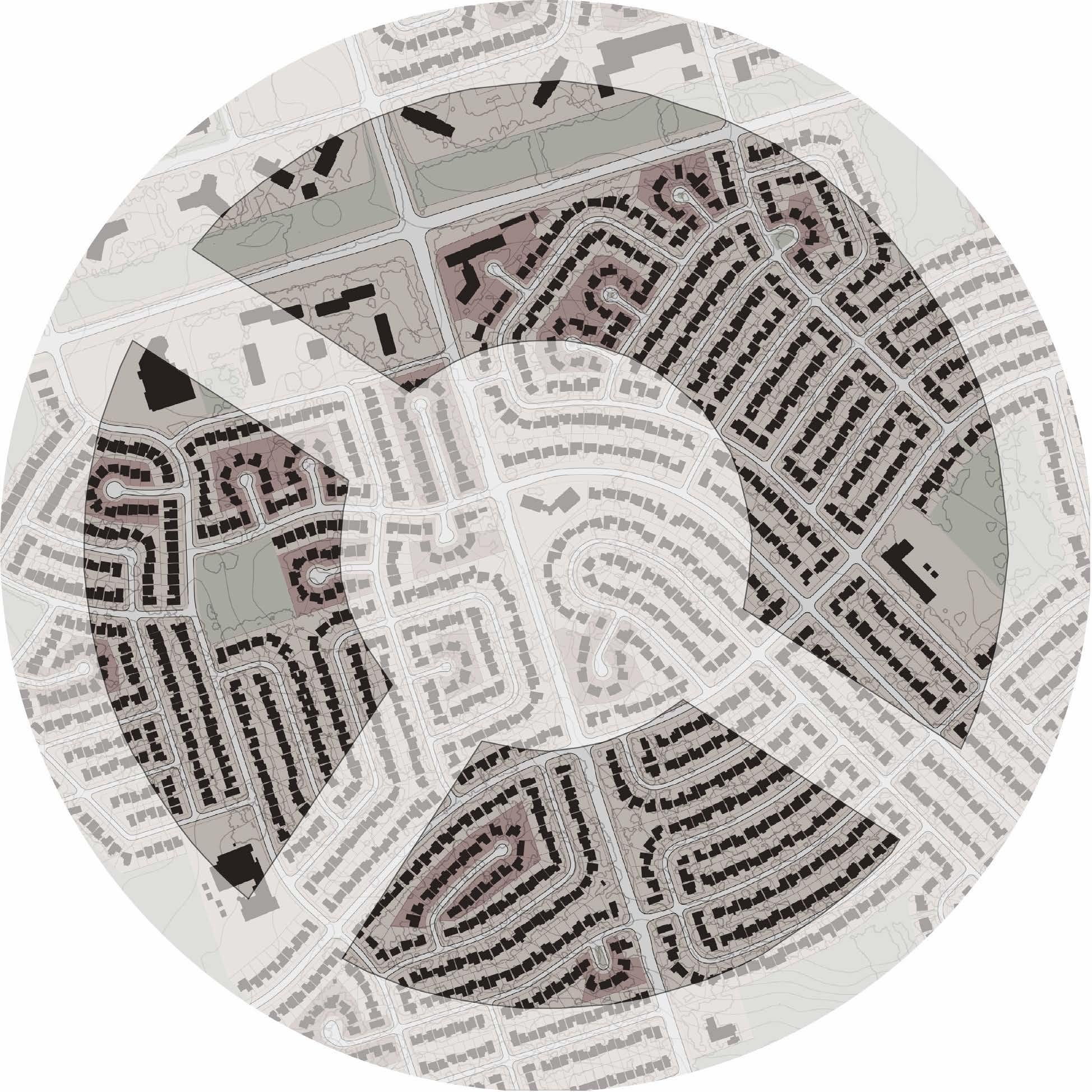

Tasnim Rashid
nujhat.rashid@mail.utoronto.ca
Toronto, Ontario
EDUCATION
Master of Landscape Architecture Candidate (2027)
Honours B.A. Architectural Studies, Comprehensive
Minor in Urban Studies
Certificate in Sustainability of the Built Environment
Certificate in Global Studies of the Built Environment (U of T Global Scholar)
LANGUAGES
English
Bengali
Korean
French
TABLE OF CONTENTS
Habitats
Heart of Thorncliffe
Study Building
Urbanism In Toronto’s Yellowbelt
Laneway Architecture Studio: Teeple To Go
Programmatic Bands of Activity

01. WILDLIFE HABITATS


LAN1011: Design Studio I
John
H. Daniels Faculty of Architecture, Landscape and Design
Sep - Dec 2024
Academic Project

Design intervention proposal for the Humber Bay Park in Toronto. This intervention attempts to tell the story of the Humber Bay Park experience through the perspective of wildlife. Following an analysis of the habitat land types present at the park, this Master Plan proposes creating wildlife habitats for existing wildlife populations which cater to their habitat & shelter needs.


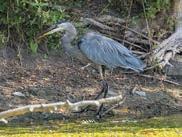

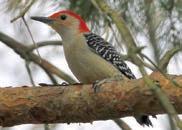



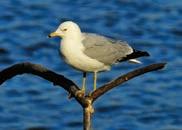

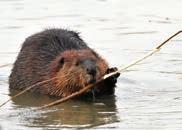

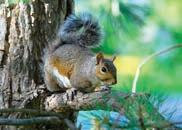

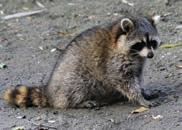

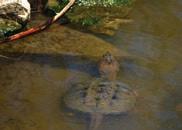

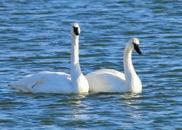

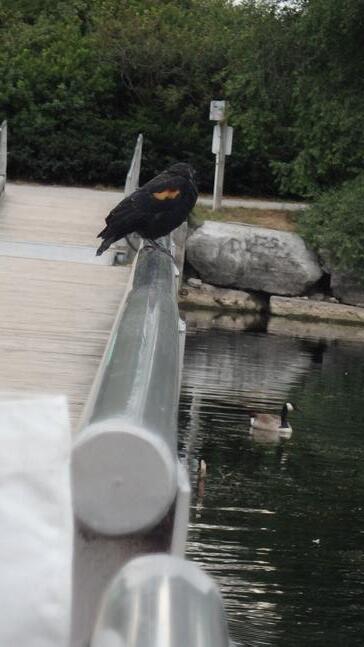

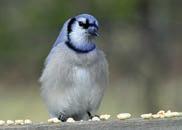

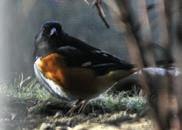









Concept Diagram







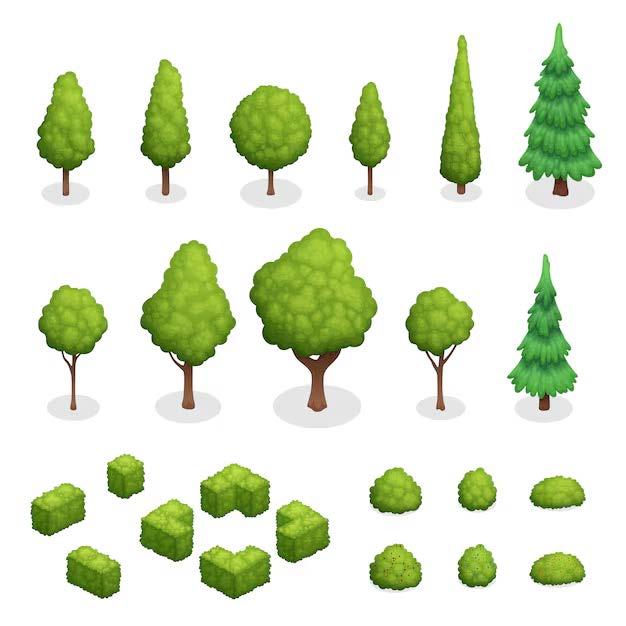







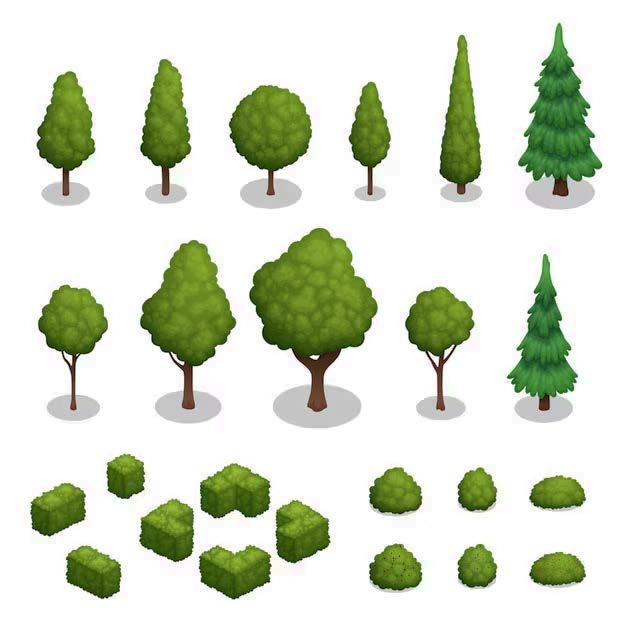
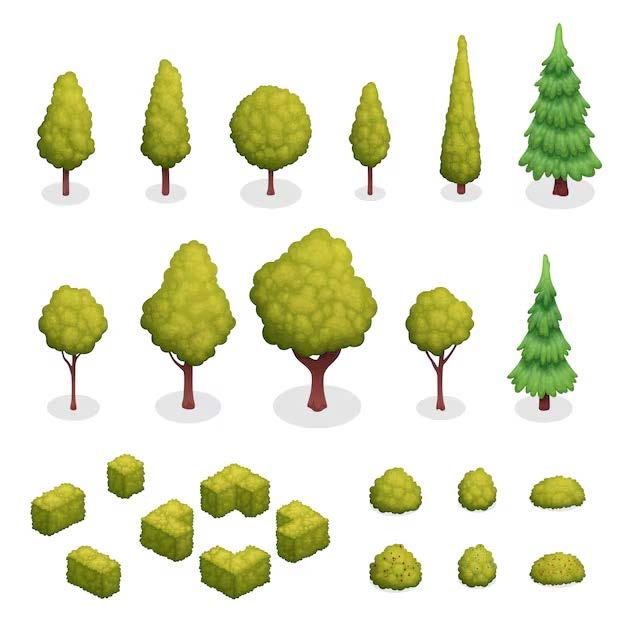









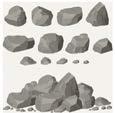
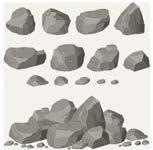






































































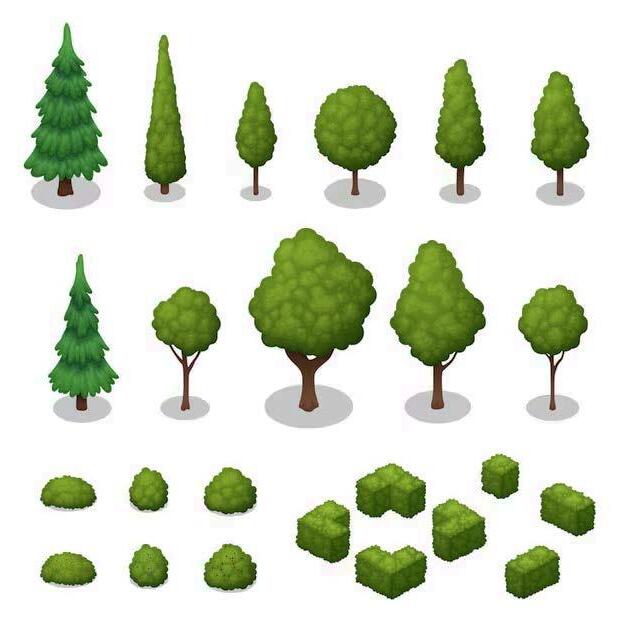










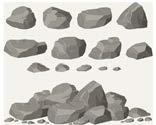



















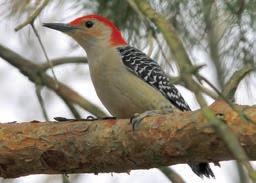

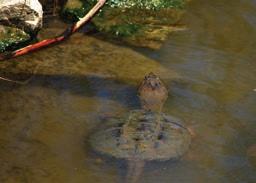

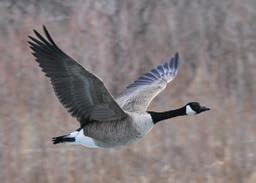

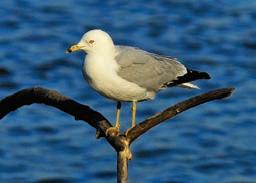



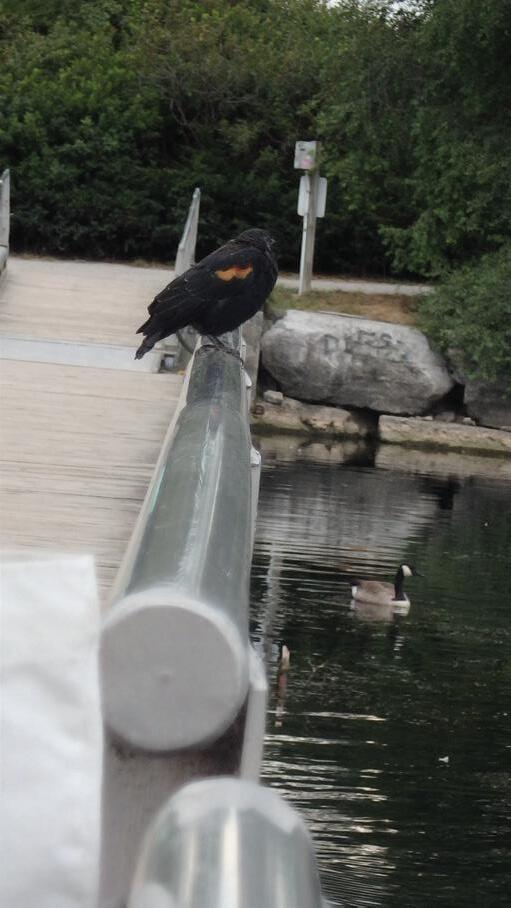

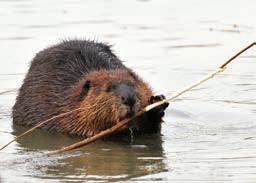

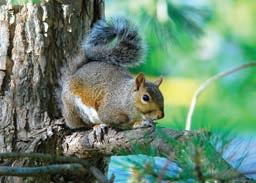



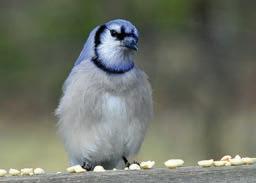

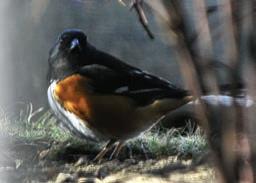

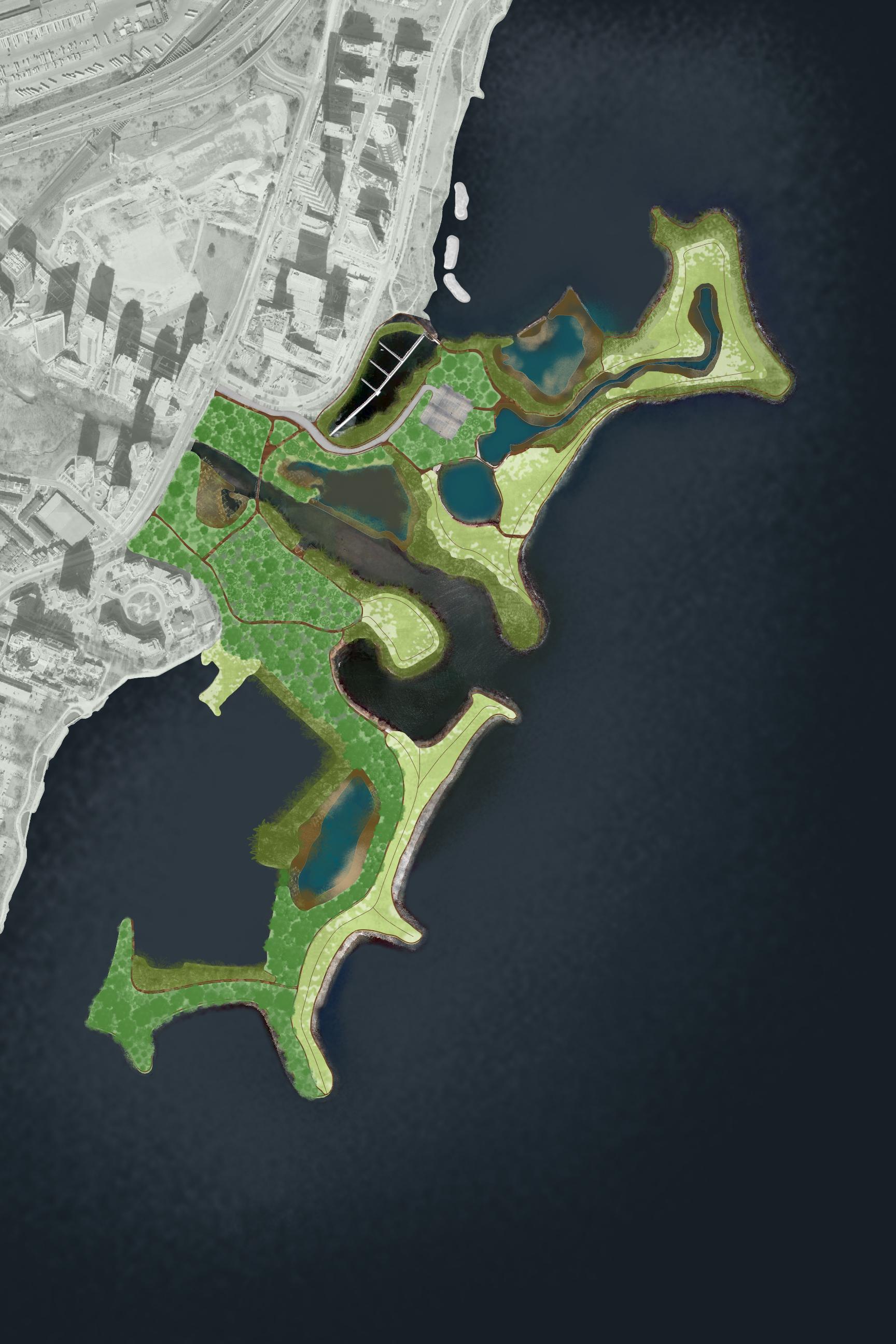
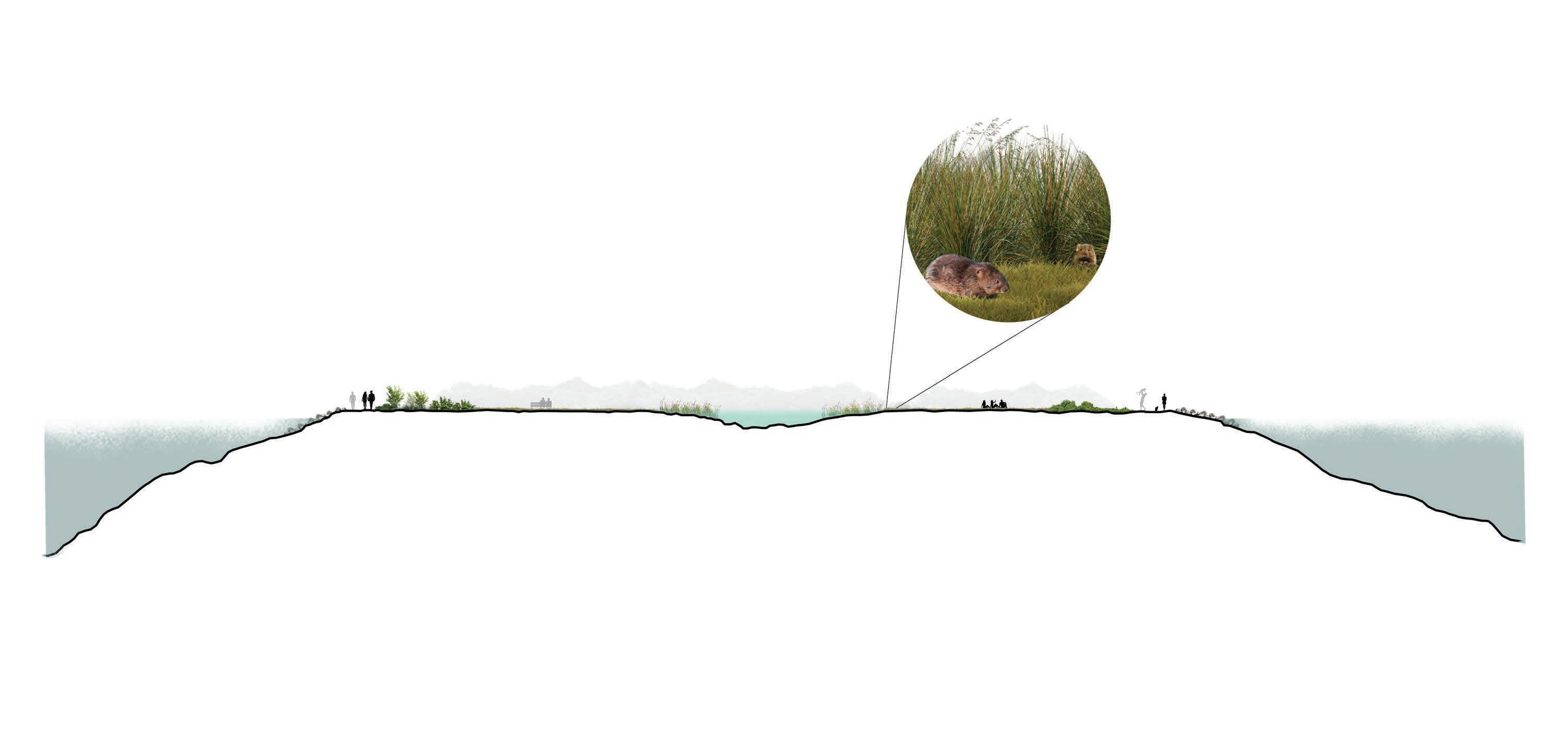
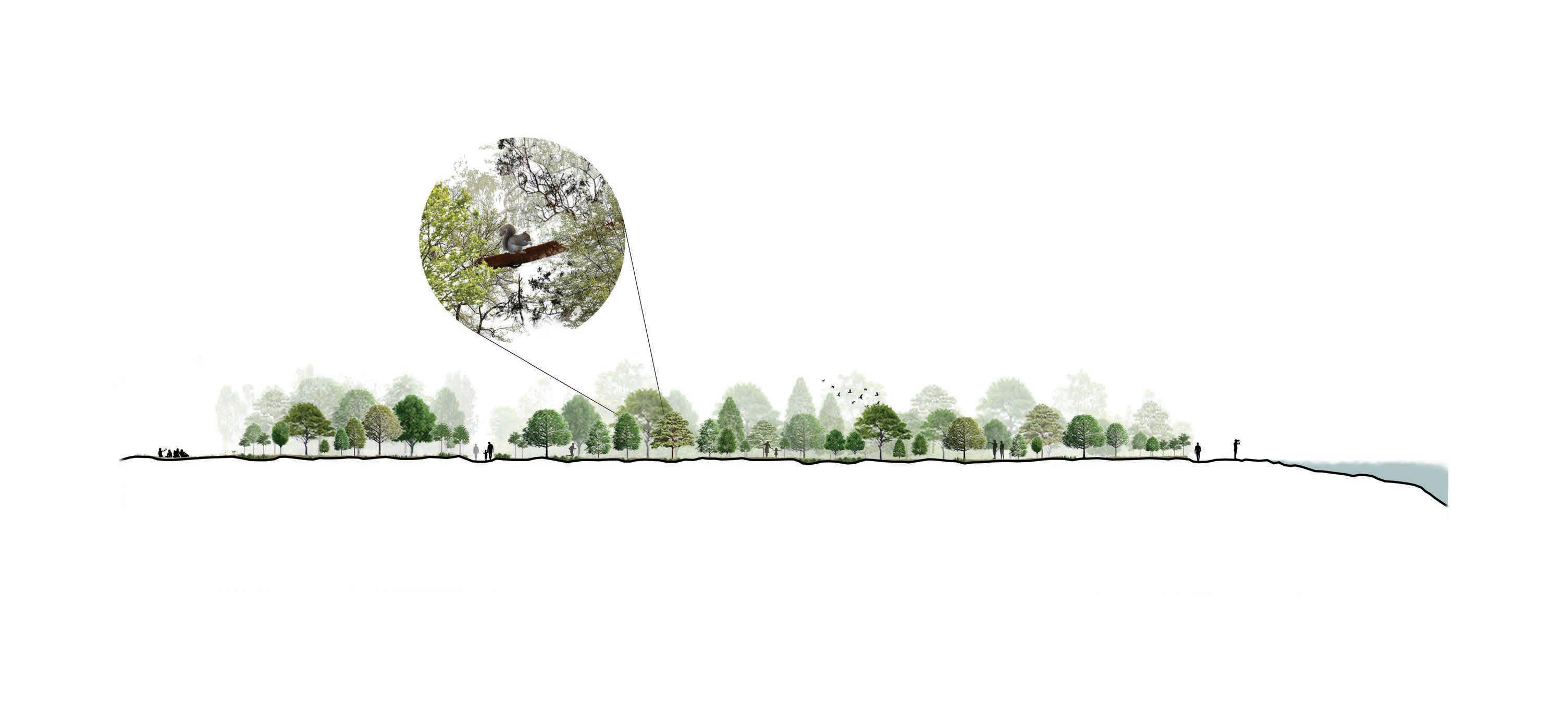
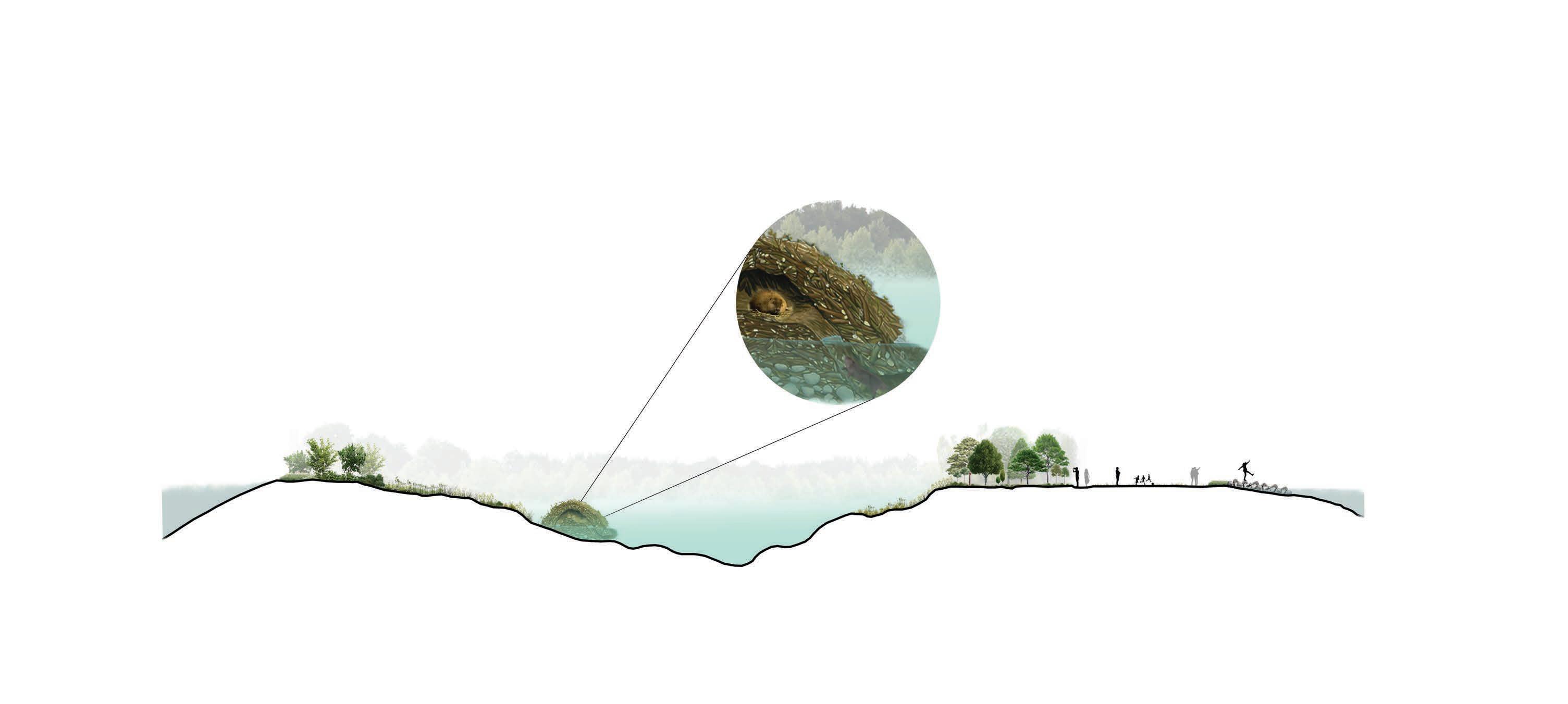

gardens will boost the local economy. Public art will educate newcomers about the local heritage and values.
02. HEART OF THORNCLIFFE
Connectivity focuses on redeveloping and prioritizing “people-first” flows, including pedestrian, wheelchair, and bike paths. Overlea Boulevard will be transformed into an eco-friendly, social, and inviting streetscape. A new transit station will support various transport modes, reducing private vehicle use and mitigating climate change effects. This aligns with the city’s goal of becoming net zero by 2040.
Reinventing Cities: C40 Competition
School of Cities
Apr - Jun 2024
Team Competition
Sustainability addresses the mental and physical well-being of residents, biodiversity, and wildlife habitats. Green spaces will serve as both recreational areas and bioswales, mitigating flood risks. Reintroducing canopy cover will reduce the heat island effect and create a more comfortable environment.
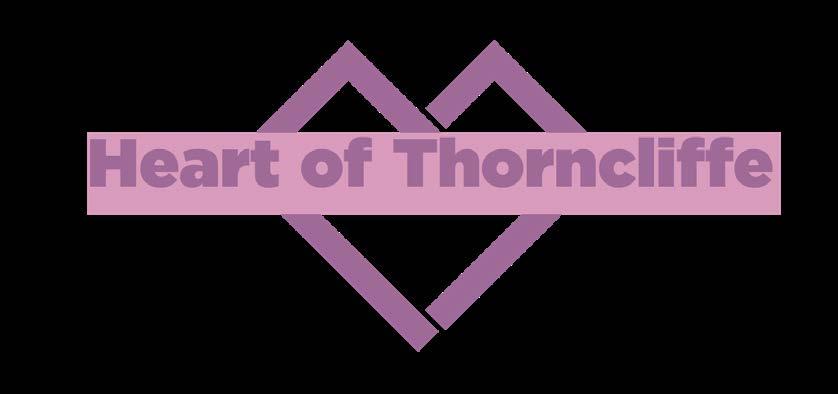
Livelihood of Newcomers: Recognizing Thorncliffe Park as an “arrival city” with a large immigrant population, the project seeks to enhance the living conditions for newcomers. This involves improving safety, providing more activities, and fostering a sense of community.
Environmental Sustainability: Addressing climate change issues is a key part of the project. The area currently suffers from a lack of greenery and excessive concrete coverage, leading to problems like heat retention and flooding. The project aims to introduce more green spaces and reduce the carbon footprint by limiting vehicle dominance and promoting alternative modes of transportation.
C40 Cities is a global competition of multidisciplinary student teams that propose a plan for a small urban neighborhood with the intent to decarbonize the area and improve quality of life for local communities. Heart of Thorncliffe studies Overlea Blvd in the Thorncliffe Park neighborhood. The proposal is organized into: Community, Connectivity, & Sustainability. Heart of Thorncliffe integrates the existing infrastructure into the proposed plan which includes community gardens and pocket parks, mixed-use developments, and pedestrian-focused transit options.
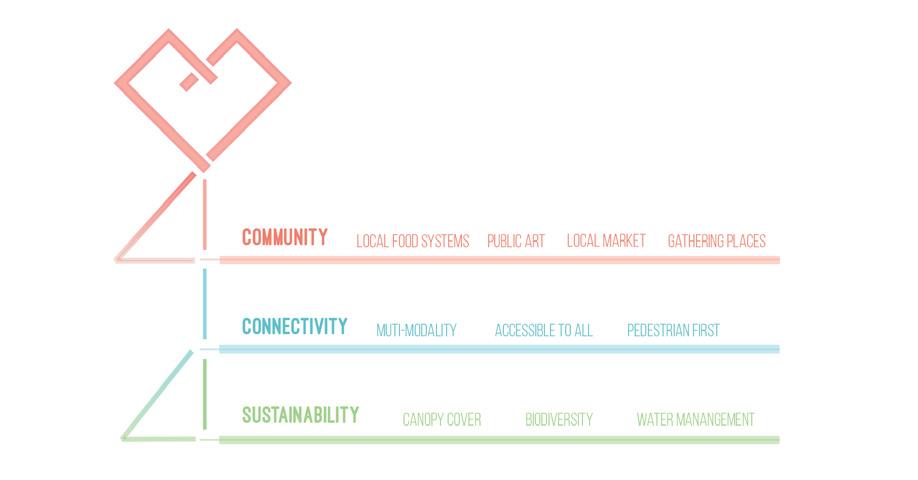
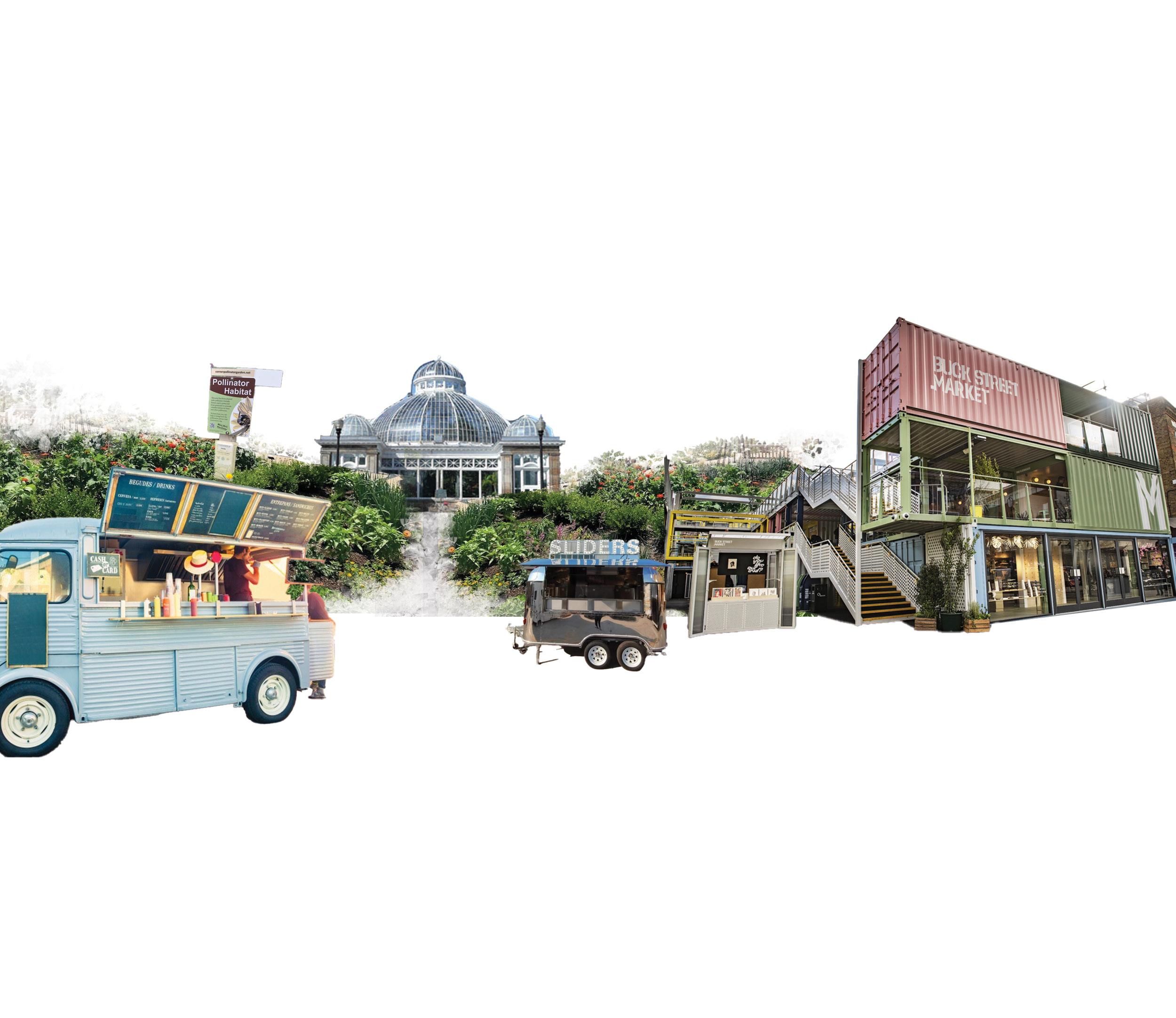
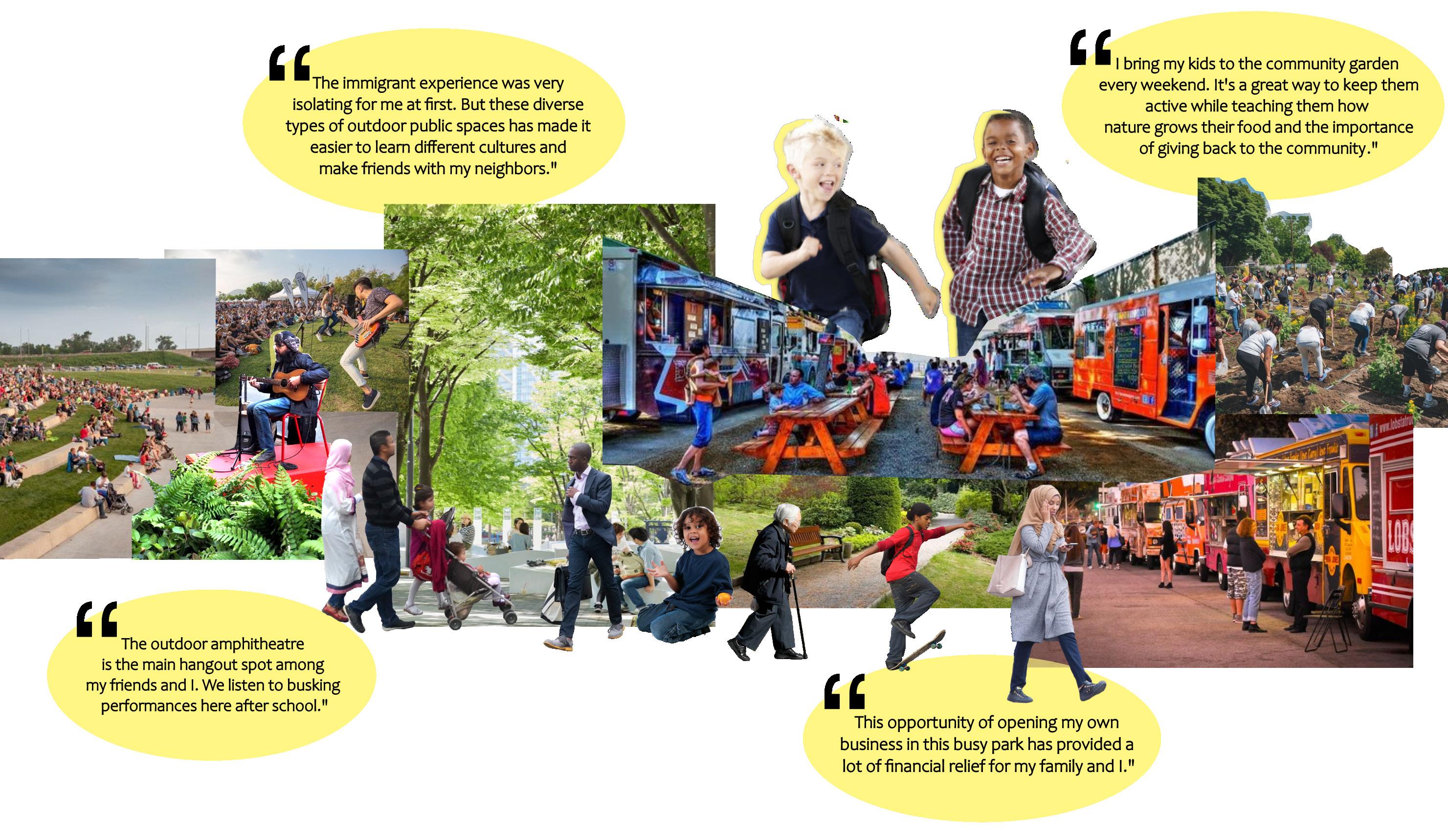
Neighborhood Attractiveness and Functionality: Currently described as dry, empty, and dead, the site will be revitalized to become more lively and engaging. This involves transforming the physical environment to make it more inviting and conducive to community interactions.
Overall, the project’s concept revolves around the metaphor of “the heart,” aiming to create a new central core that supports connectivity, community, and sustainability.
involves cenreducing actualpedestrian-friendly large newcomers. more community. lack coverage, and more footprint promoting Functionand become transit community around create connectivity,

Existing Transit Infrastructure
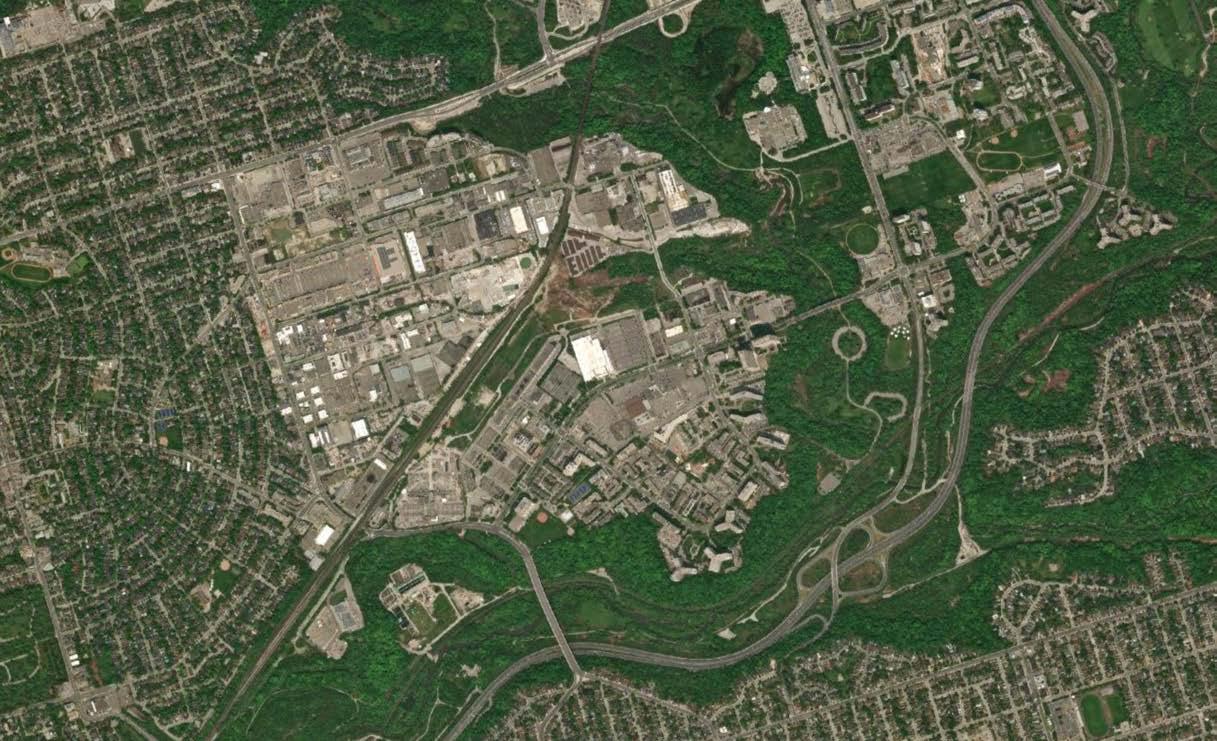


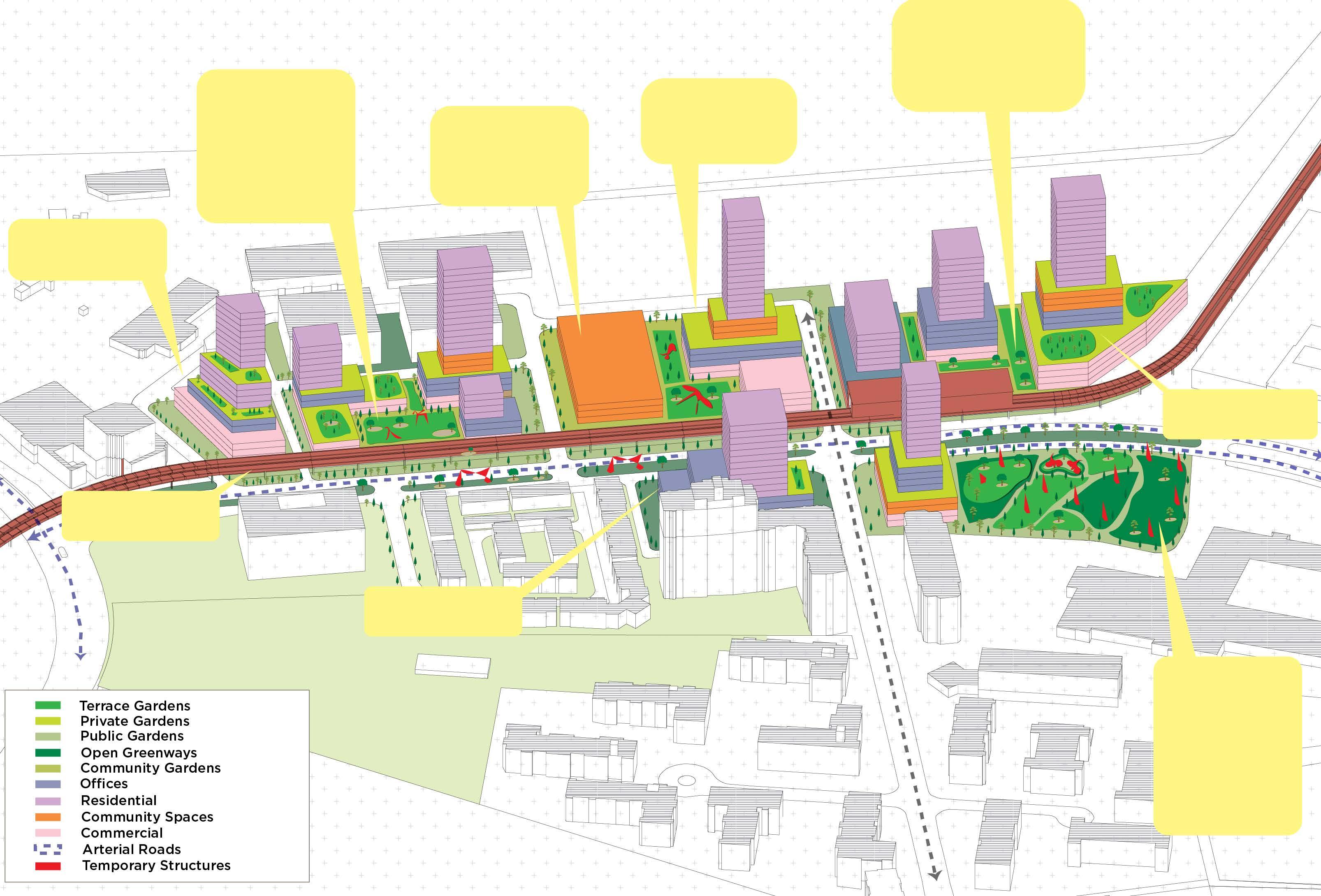

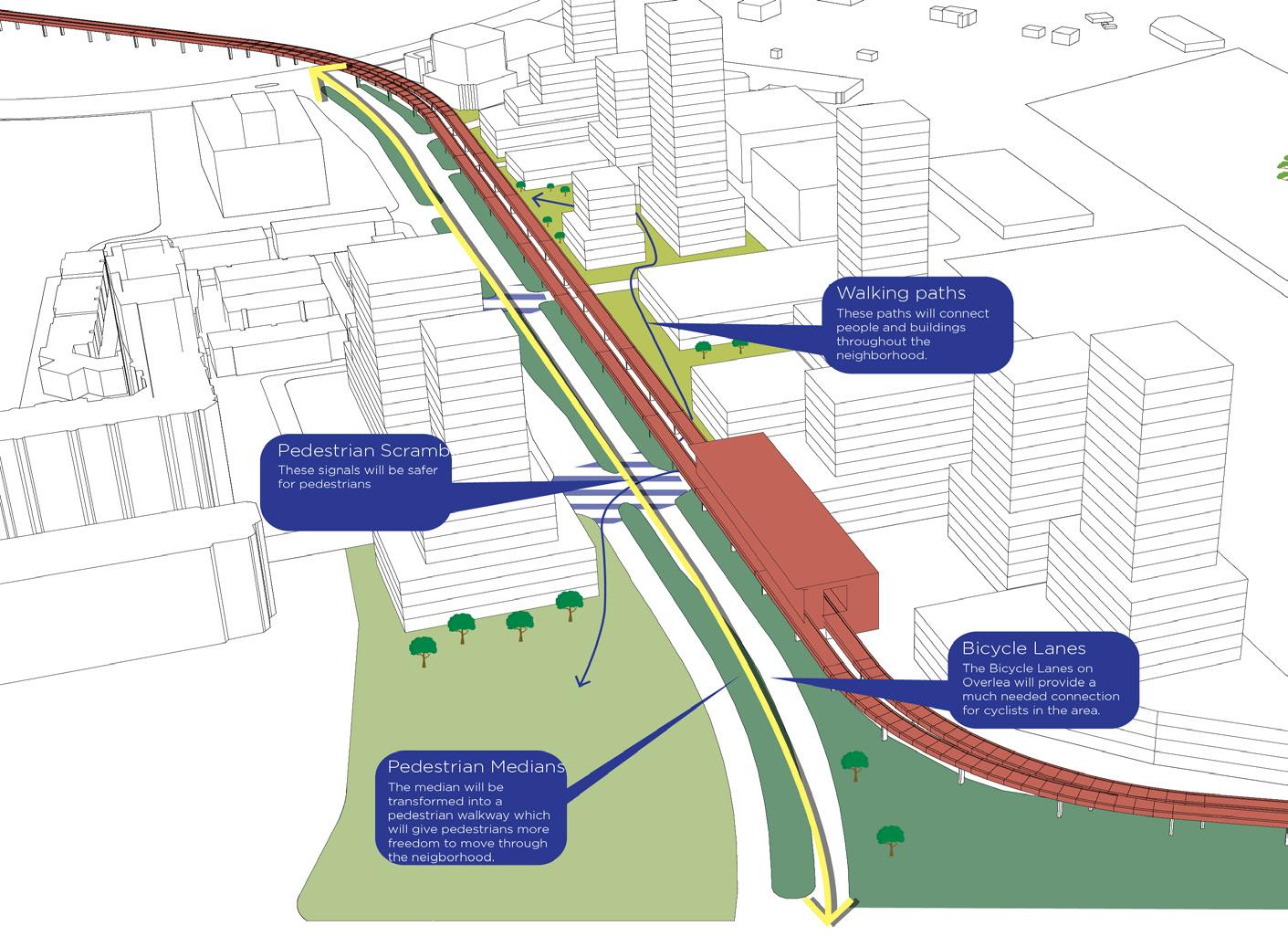
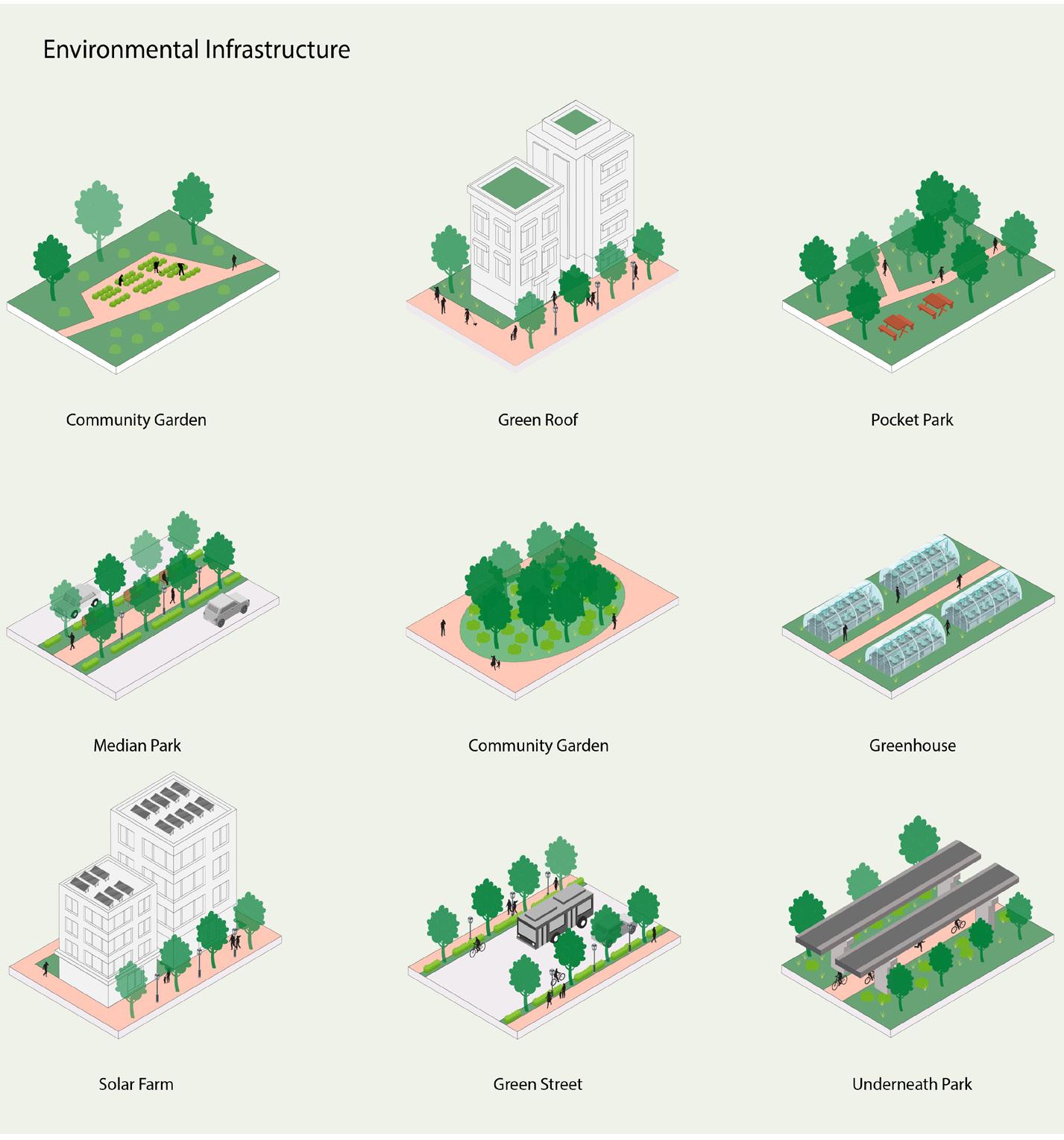
03. STUDENT STUDY BUILDING
ARC201: How to Design Almost
Nothing
John H. Daniels Faculty of Architecture, Landscape and Design
Sep - Dec 2021
Academic Project
To explore the concept of smooth and gradual integration of spaces, this building is inspired by the word ‘gradual’. This building aims to incorporate the busy street and the wide view of the university stadium into the fabric and experience of the building. Students are able to choose sections of the building based on their study purposes since some parts are completely cut off from the street and view while some are completely engaged in the street and view.
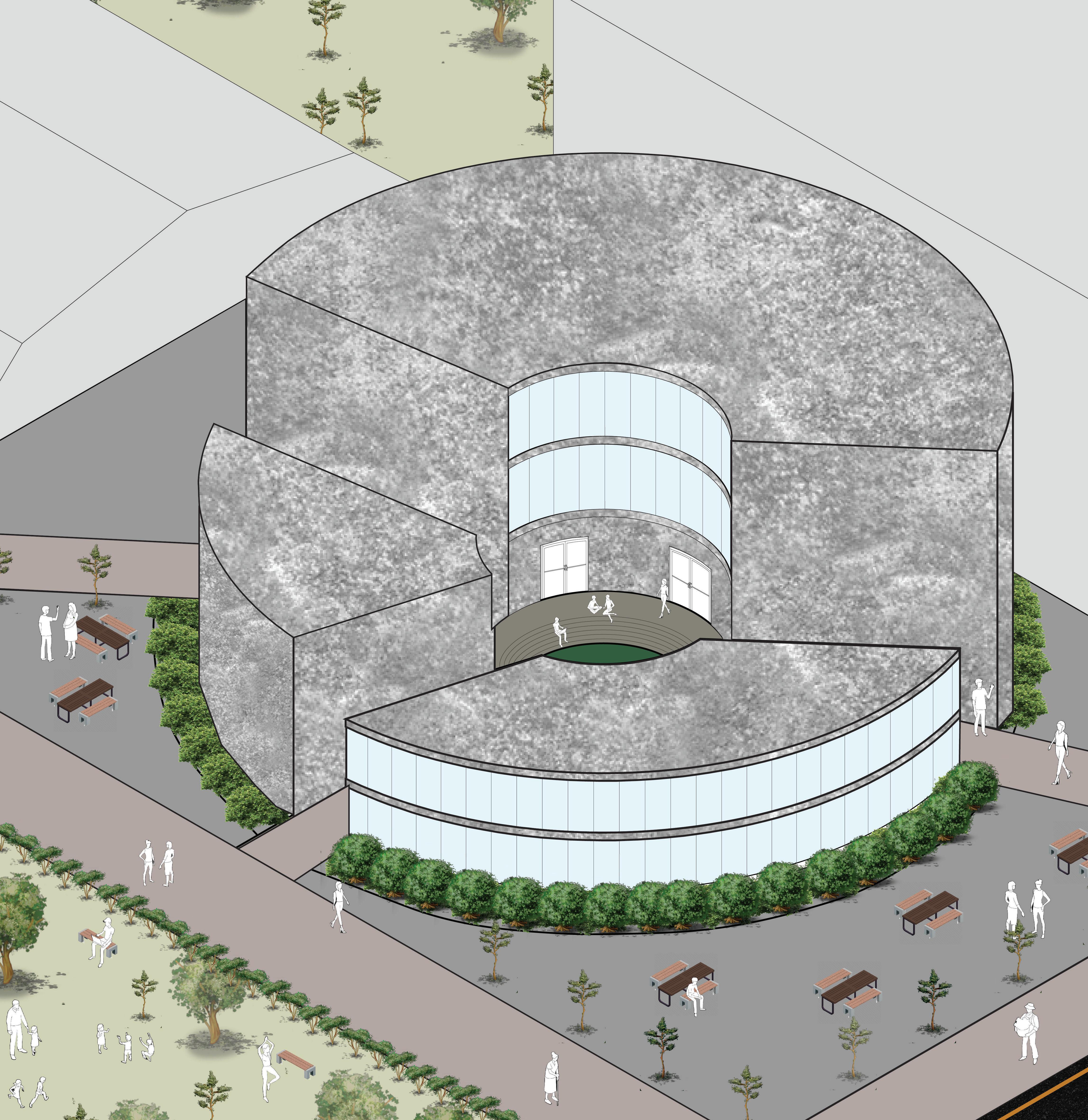
04. URBANISM IN TORONTO’S YELLOWBELT
ARC200: Drawing & Representation II
John H. Daniels Faculty of Architecture, Landscape and Design
Jan - Apr 2022
Individual Academic Project
A design research on residential areas in Toronto’s Yellowbelt, specifically at Kipling Avenue and Eglinton Avenue West. Aiming to address low housing density areas by proposing affordable housing units. The investigation was narrowed down to the frequent cul-de-sacs present in the area which were classified into 4 typologies. The proposed design maintains the privateness of cul-de-sac homes while smoothly integrating the proposed units without much friction.
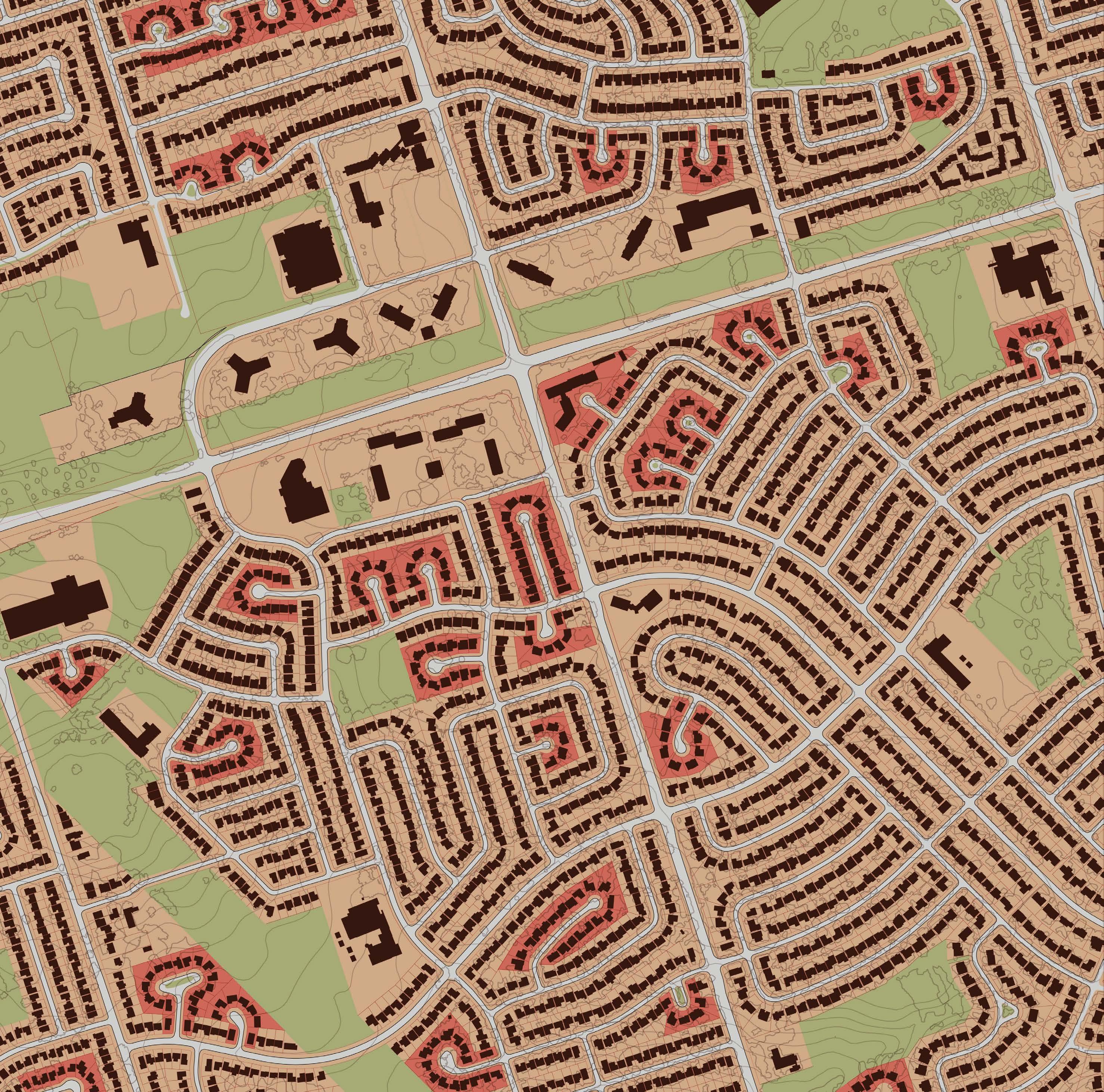
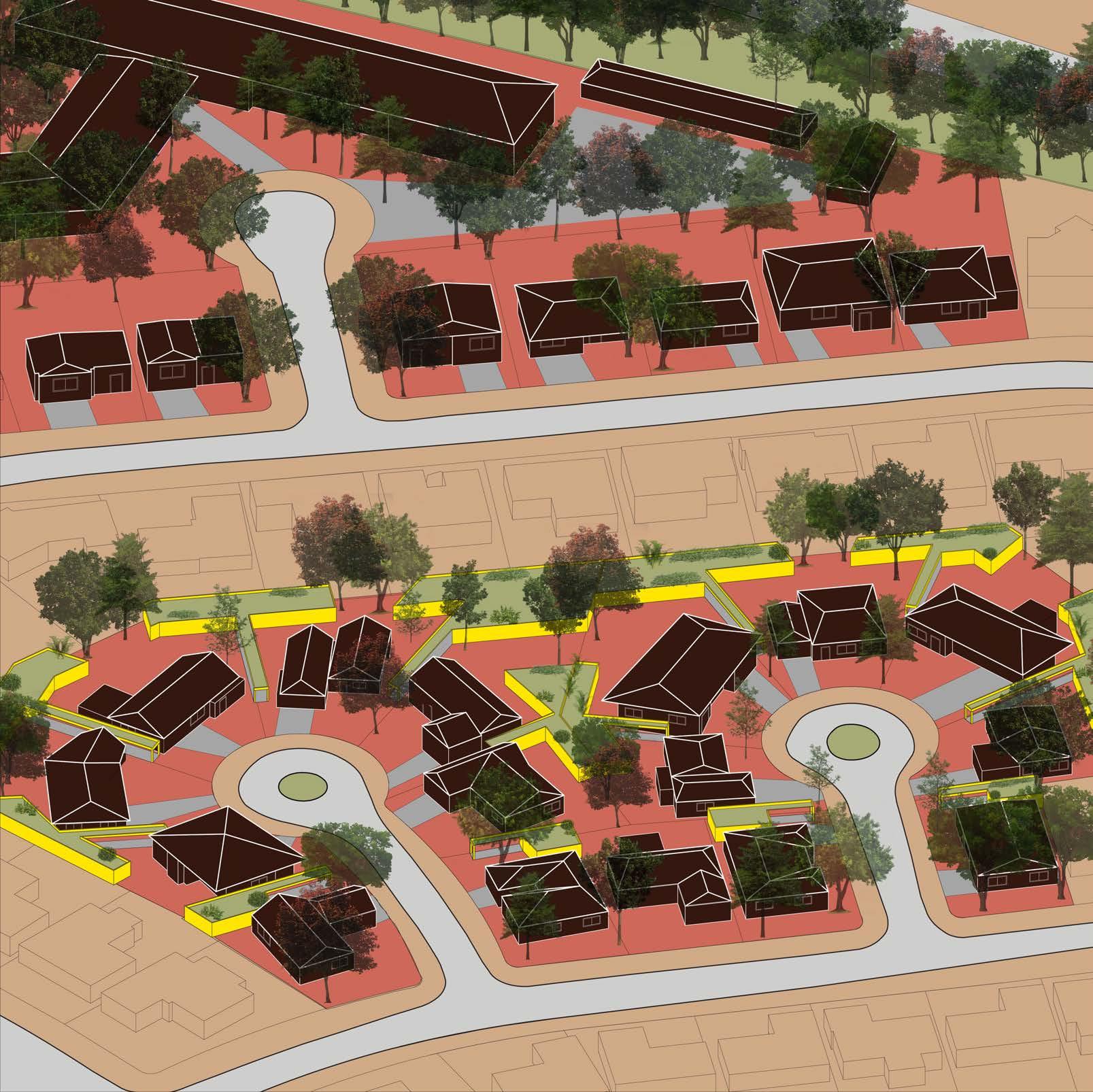

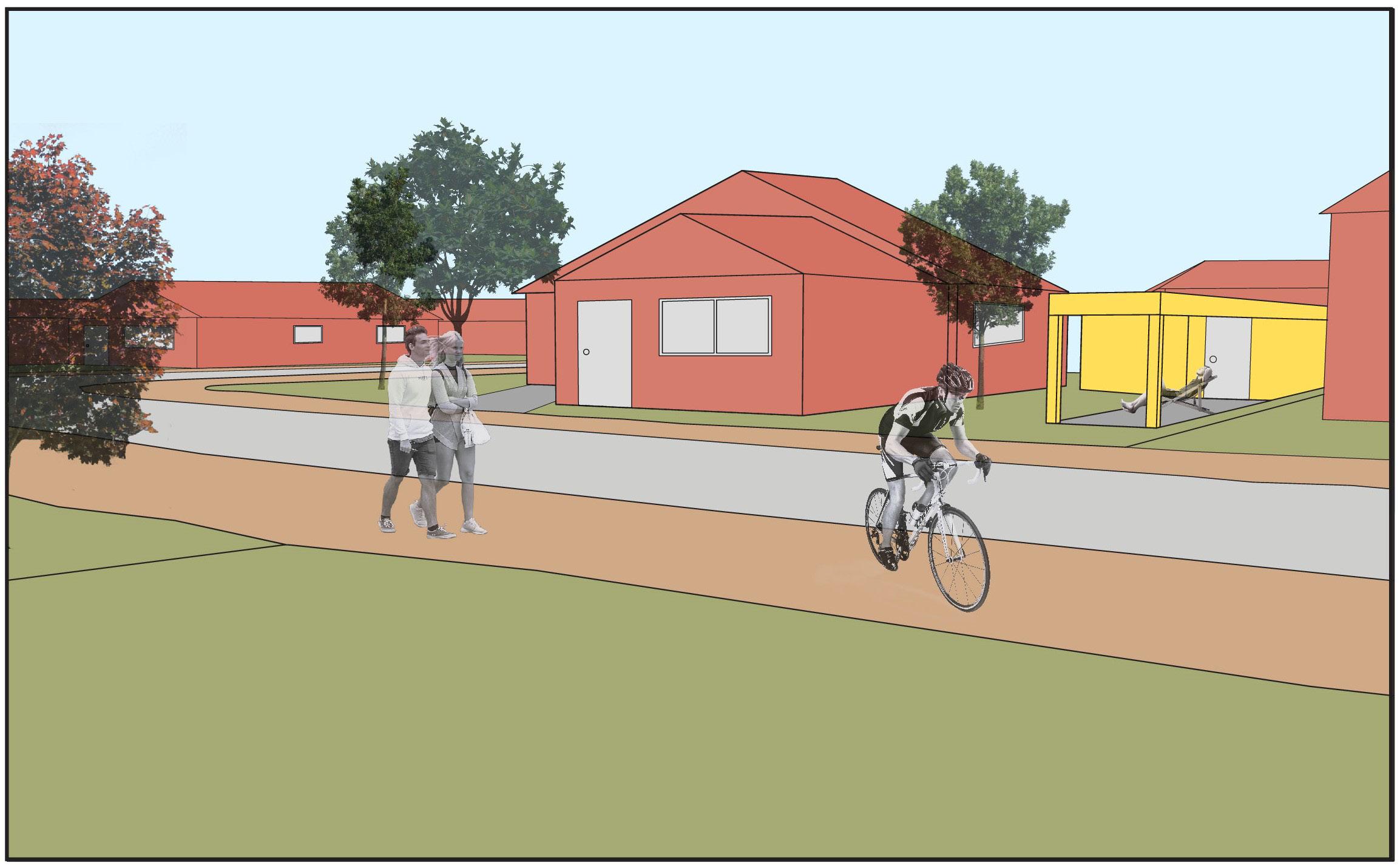
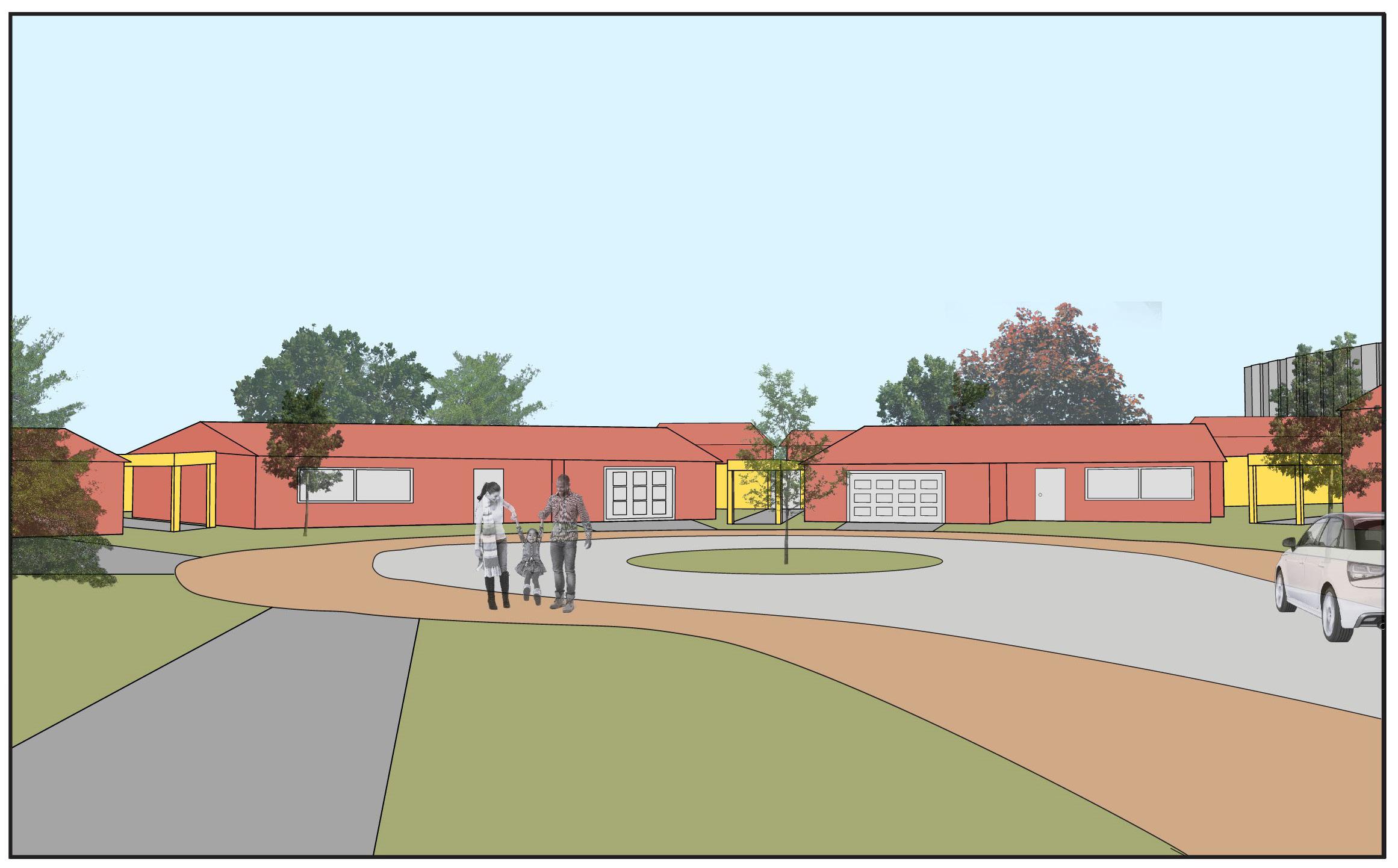
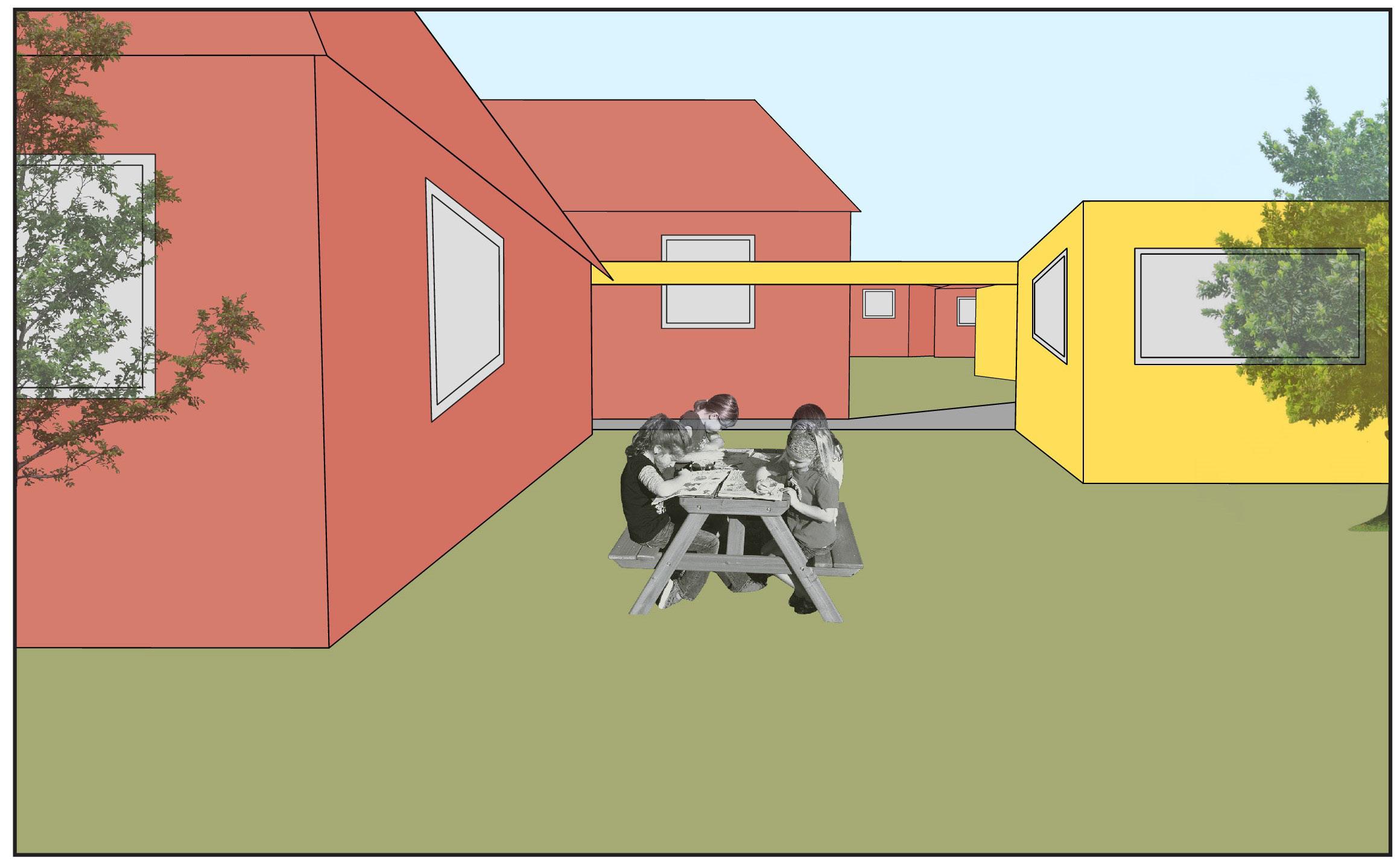
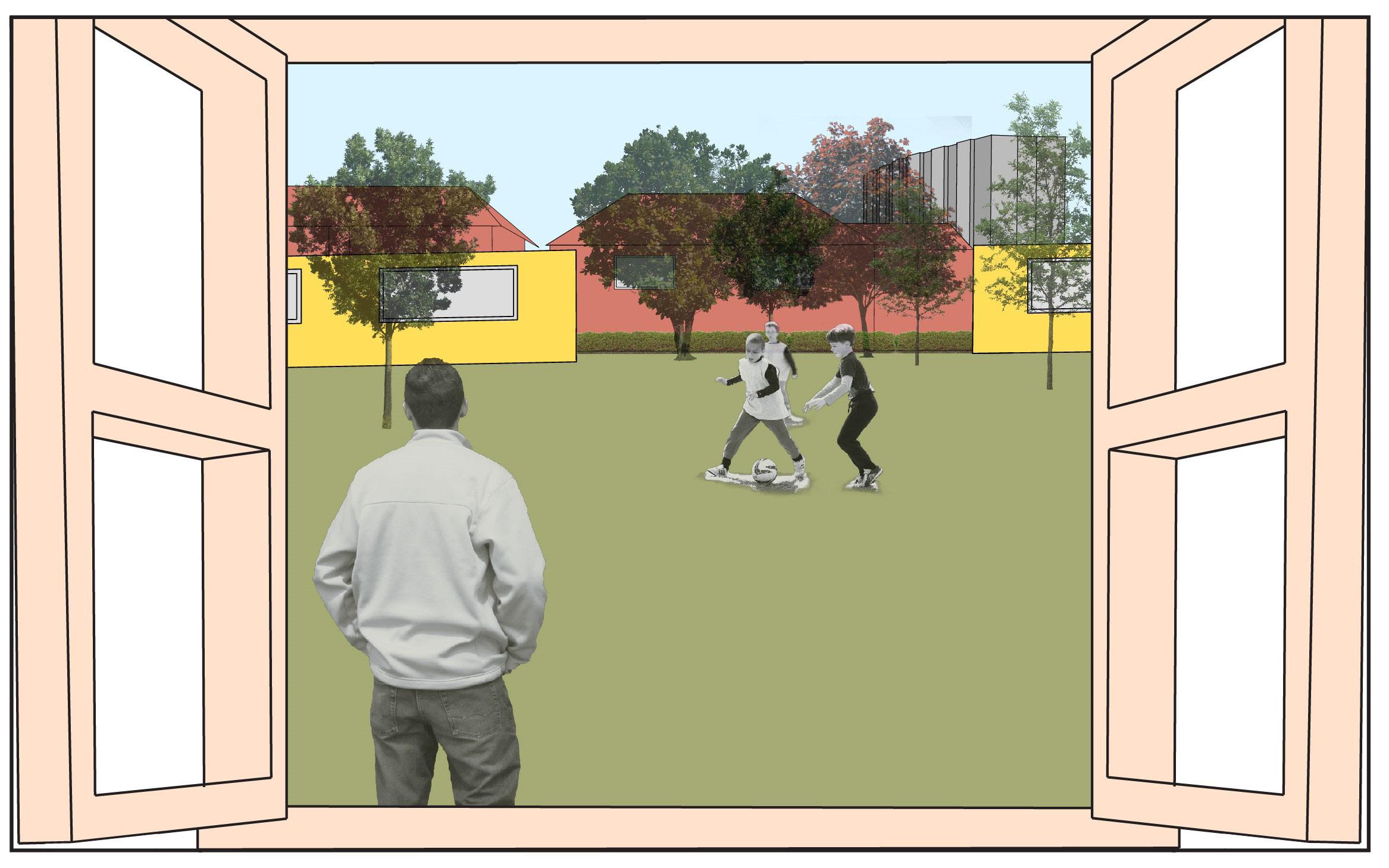
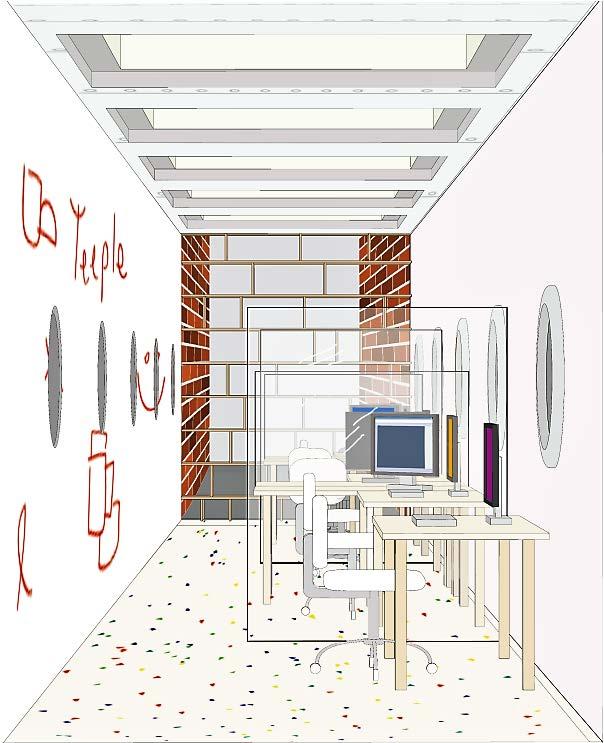
05. LANEWAY ARCHITECTURE STUDIO:
TEEPLE TO GO
ARC112: Design + Engineering I
John H. Daniels Faculty of Architecture, Landscape and Design
Sep - Dec 2020
Team Academic Client Project
Design of a laneway studio responding to the overflow of Teeple employees due to COVID-19 space regulations. The constraints of a laneway alley are addressed by integrating a refurbished shipping container, elevated to allow a smooth transition into the existing building. This successfully met the client’s need for a flexible and temporary structure that can be removed with minimal waste post-pandemic.
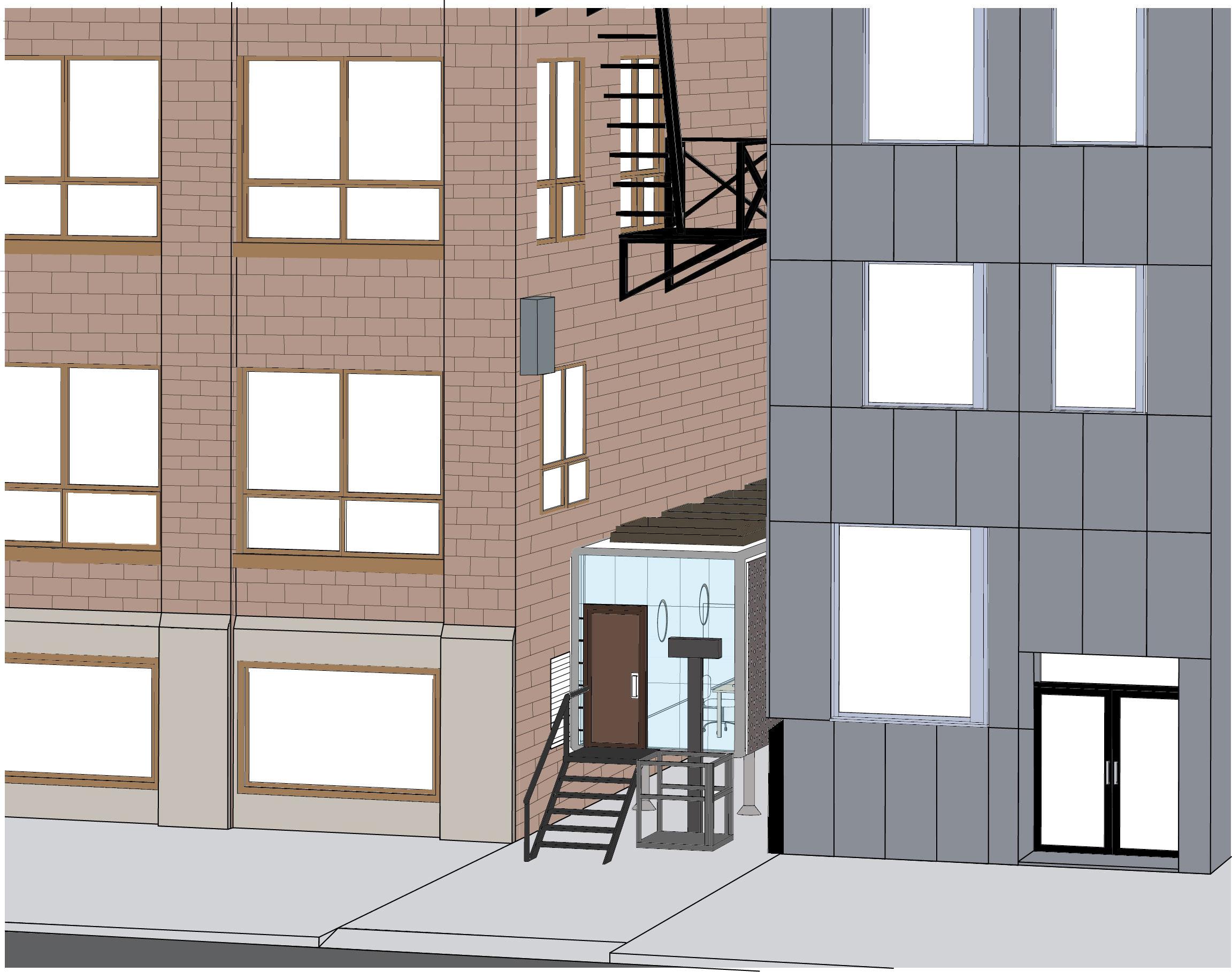


06. PROGRAMMATIC BANDS OF ACTIVITY
LAN1021: Visual Communication I
John H. Daniels Faculty of Architecture, Landscape and Design
Sep - Dec 2024
Academic Project
A site analysis of the Simcoe Wave Deck on the Harbourfront. Through a series of maps, diagrams, and drawings, this analysis highlights the bands of activities that make the area into a lively space for people to enjoy.
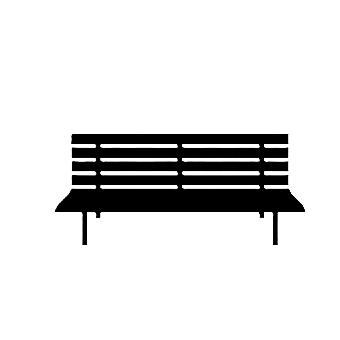





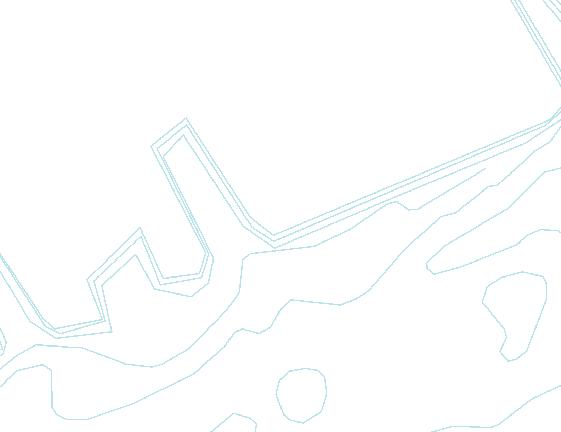


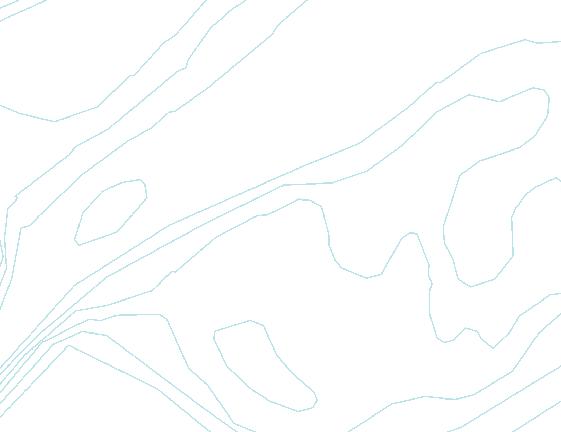
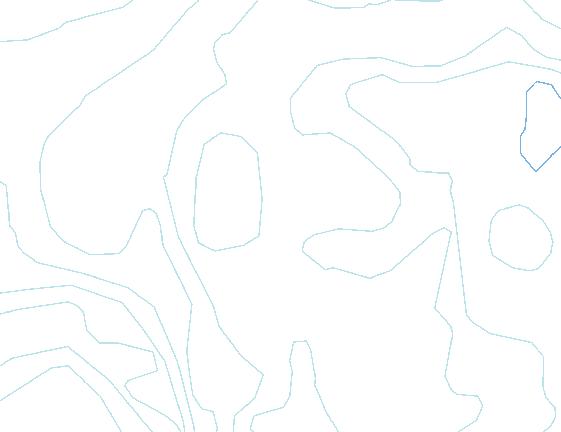


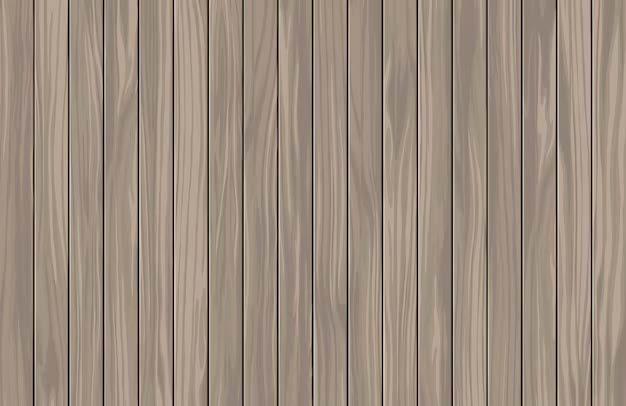
















07. LANDFORMS
LAN1011: Design Studio I
John H. Daniels Faculty of Architecture, Landscape and Design
Sep - Dec 2024
Academic Project

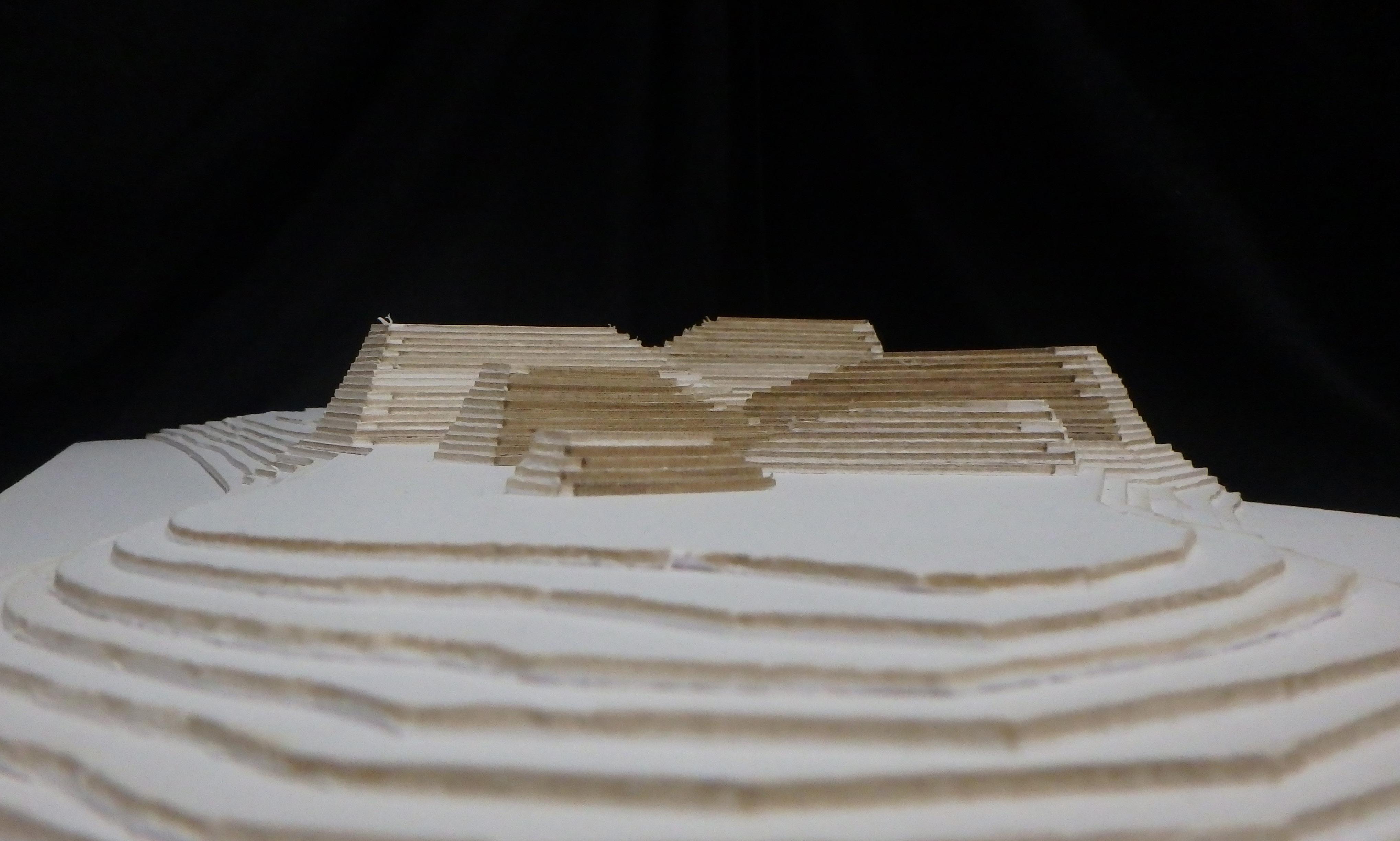
A landform proposal for the Humber Bay Park in Toronto. These triangular, sharply-angled mounds create opportunity for locals and urban dwellers to partake in extreme activities (ex. rock climbing) without having to leave the city. It also engages the viewer standing in front of the mounds which creates a scene of each mounds intersecting into one another.
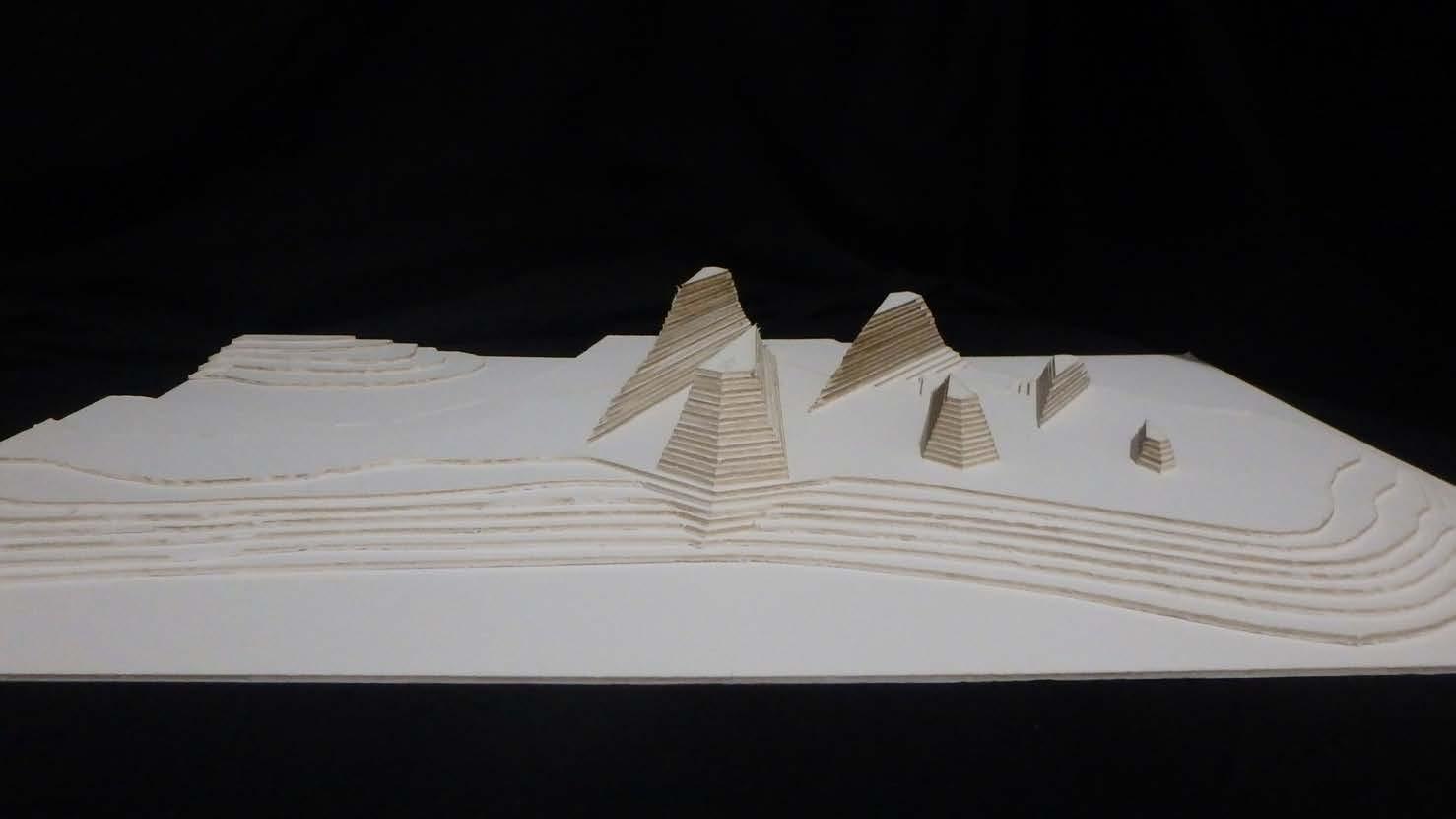

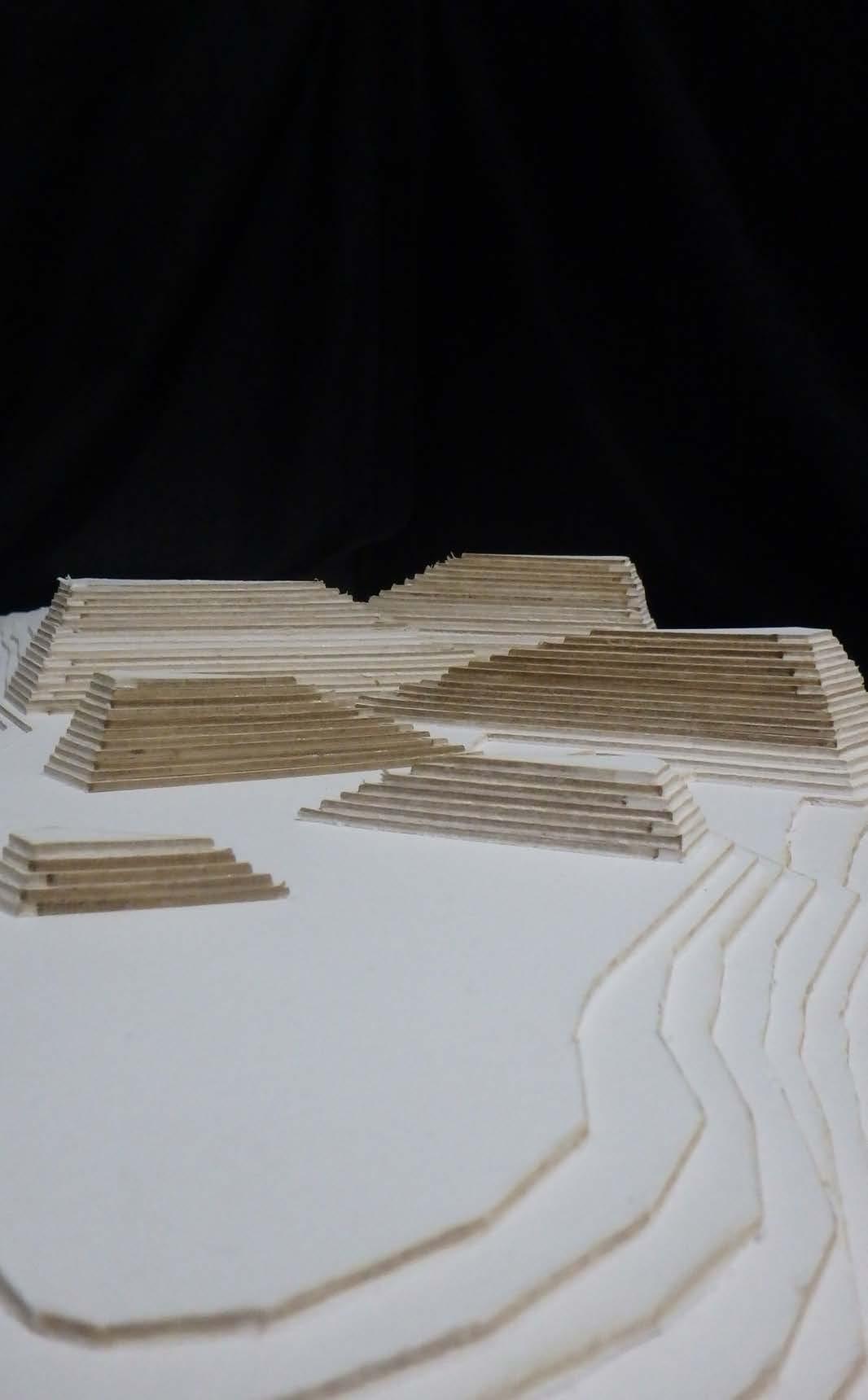

THANK YOU
